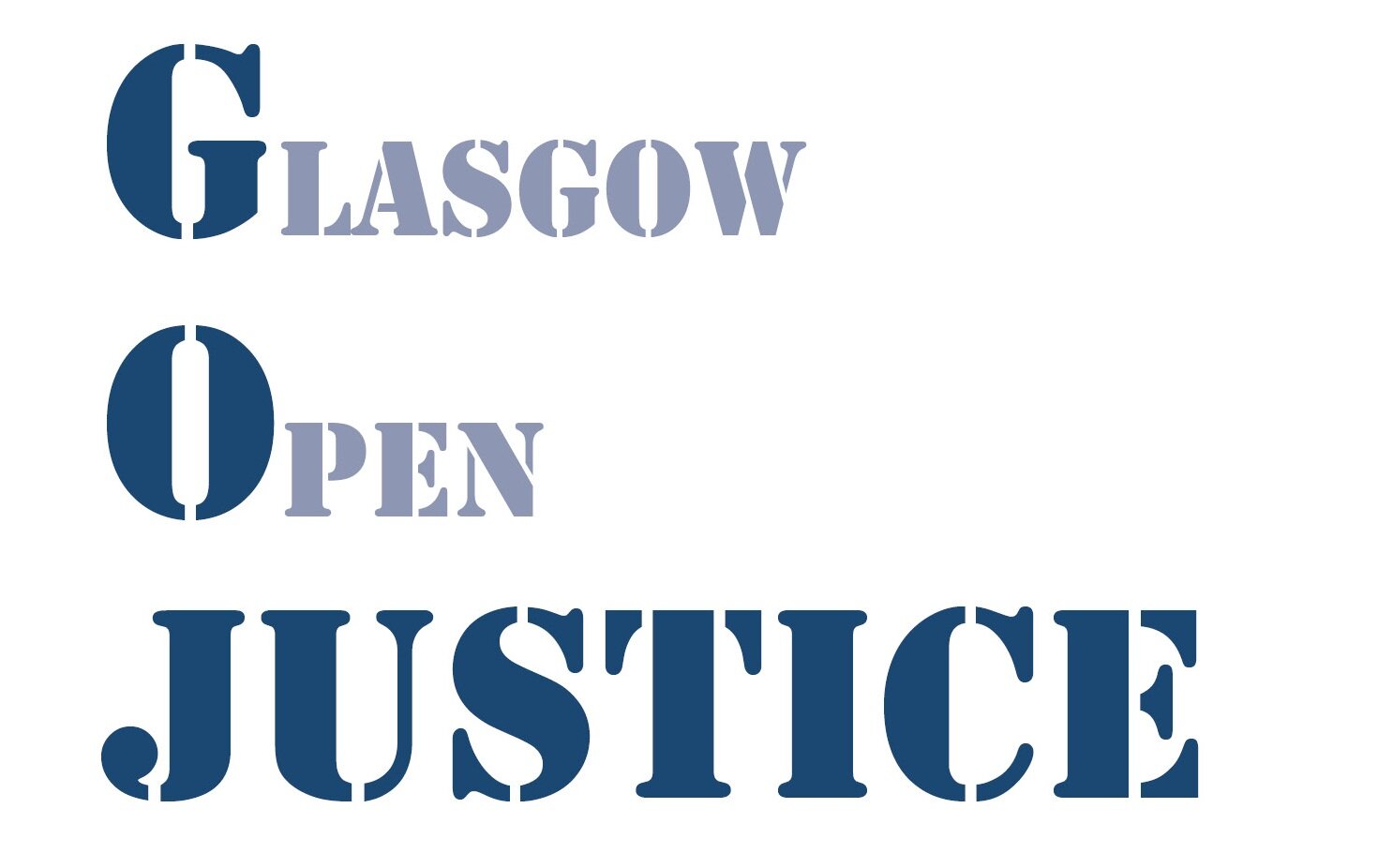GO Justice Challenge: Food Poverty in Glasgow during Covid-19 pandemic
Avoiding the need for emergency food – mapping the gaps in rights and entitlements.
After two successful years of collaboration with third sector organisations the GO Justice Challenge returns for the 2020/21 academic session. This year students will focus on the links between poverty and access to food in Glasgow during the pandemic.
Context
As 2020’s global health crisis took hold we quickly witnessed it spiral into a crisis of hunger. For many residents in Glasgow this meant turning to community pantries, churches, football clubs, and food banks for emergency food aid. In terms of law and policy the Scottish Government and local authorities have engaged openly with civil society organisations and are widely considered to be progressive in their rhetoric around the food system: in the recent Oxford Real Farming Conference the United Nations Special Rapporteur on the Right to Food, Michael Fakhri, identified Scotland’s legislative proposals for a ‘Good Food Nation’ as potentially world leading.
This is within a landscape of vibrant discussions in Scottish food politics on how the government and local authorities can reform the food system. In the last two years there has been two public consultations on enshrining a justiciable Right to Food. Proposals for a ‘Good Food Nation Bill’ would define the right to food politically and protect it through framework legislation, linking the siloed sectors of health, education, agriculture and industry. Locally, the Glasgow City Food Plan will be implemented in the coming months following its consultation towards the end of 2020. Moreover, during the first national lockdown and unique within the UK, the distribution of emergency funds for food adopted a ‘cash first’ approach. In January 2021, the Glasgow City Council committed to this approach for those entitled to Free School Meals. There has also been increasing attention to the benefits of a Universal Basic Income together with calls for strengthened Universal Basic Services.
It is at this juncture that the GO Justice participants are asked to research and write a 5000-word report on aspects of poverty and access to food. Working together with Castlemilk Law Money and Advice Centre and Glasgow Community Food Network, students will seek to capture and distil insights from the recent and ongoing emergency food responses in Glasgow as part of the emergency response to Covid-19.
Projects
There was considerable interest in the challenge this year and the quality of applications was extremely high. This made for a difficult selection process in a competitive field. Ten students were selected to work in pairs, ranging from level 2 LLB to the Diploma in Legal Practice. This year we have three research-based projects that engage with potential responses to food insecurity and two geographically based projects which will collaborate with the Senior Principal Solicitor at Castlemilk Law Centre and Director of the Glasgow Community Food Network, Gus McIntosh.
The two geographical projects concentrate on the community response to Covid 19 and the experience of individuals in the community. Alex Mcgee and Lauren Haggart’s project is based in the North-West region of Glasgow and their primary focus is how the University of Glasgow’s food storage unit played a significant role in coordinating the food deliveries to agencies around the North-West. Jamie Miller and Lewis Cameron’s project is based in the South- East region of Glasgow and will focus on the work of food banks and related agencies in the surrounding area. Both pairs will gather data on why people became reliant on emergency food and will conduct interviews with volunteers and Community Response Officers from the Glasgow Community Food Network.
Three more projects take a theoretical approach and centre on one of the proposals currently circulating in Scottish politics. Heather Barnes and Thomas Samuel will investigate the strengths and weaknesses of Universal Basic Income as an alternative, or in addition to Universal Basic Services. Emma Spence and Steven Lynch’s project looks at whether a justiciable right to food would help end the need for emergency food aid. Finally, Muireann McDermott and Natalie Smith will investigate what it means to take a ‘food systems approach’, comparing the national Good Food Nation Bill proposals with the local Glasgow City Food Plan. Each of the pairs are encouraged to engage critically with the proposals and all five projects are invited to make recommendations in light of their findings.
After submitting the report, each of the pairs will present their findings at an event in March. Following this event, there will be an opportunity for the participants to work with Gus McIntosh in producing a follow up to his 2016 report ‘Why People go to Foodbanks’.
Further details about the partner organisations can be found here:
The Go Justice Academic Support Team
(Maria Fletcher, Sarah Craig and Donald Buglass)
~ Donald Buglass
Donald Buglass is a Legal Theory PhD student in the School of Law


